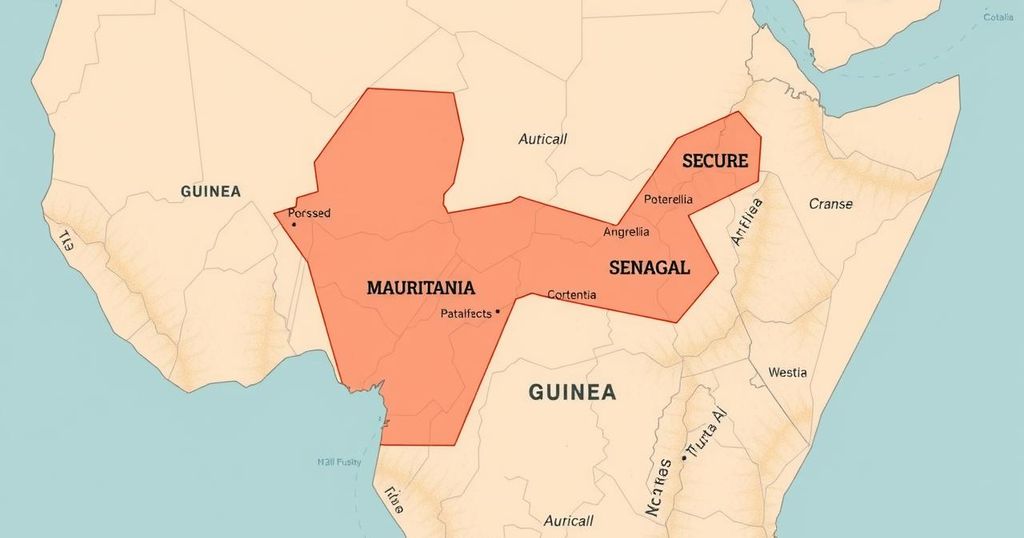The humanitarian situation in Mali’s border areas has severely deteriorated, with 97% of localities in Tombouctou and 73% in Ségou impacted by various shocks linked to insecurity. Notably, flooding and rising market prices exacerbate conditions, while population displacement is reported in a significant number of localities, necessitating urgent action.
The humanitarian situation monitoring conducted by REACH in the Central Sahel from July to October 2024 reveals significant insecurity in Mali, heavily impacting its border areas. In Tombouctou, 97 percent of assessed localities faced one or more shocks related to violence, looting, or insecurity. The situation is similarly critical in Ségou, where 73 percent of assessed localities reported similar threats. Specifically, the Goundam and Gourma-Rharous circles in Tombouctou experienced complete disruptions, affecting all surveyed localities.
Furthermore, localities bordering Mauritania, specifically in the Niafunké circle, demonstrated that 97 percent were significantly affected. Key local challenges included extensive flooding, affecting 72 percent of localities in Tombouctou and 62 percent in Ségou, coupled with a sharp rise in basic market prices reported in 58 percent and 43 percent of localities in those regions, respectively.
Moreover, population displacement has become a pressing issue, as reported by key informants. Approximately 34 percent of assessed localities in Tombouctou and 23 percent in Ségou experienced forced migrations. Most displacements remained within the same region, with most localities seeing less than 25 percent of their population leave. However, concerningly, in Ségou, upwards of 50 percent of residents fled from 24 percent of the localities reporting population movements.
In conclusion, the deteriorating security situation in Mali profoundly affects its border areas with Mauritania, Senegal, and Guinea. Significant localities face various shocks, including violence, looting, and flooding, leading to substantial population displacement. The data suggests that urgent humanitarian intervention is necessary in these regions, where local communities face compounded crises from both security threats and economic pressures due to rising market prices.
Original Source: www.unocha.org




